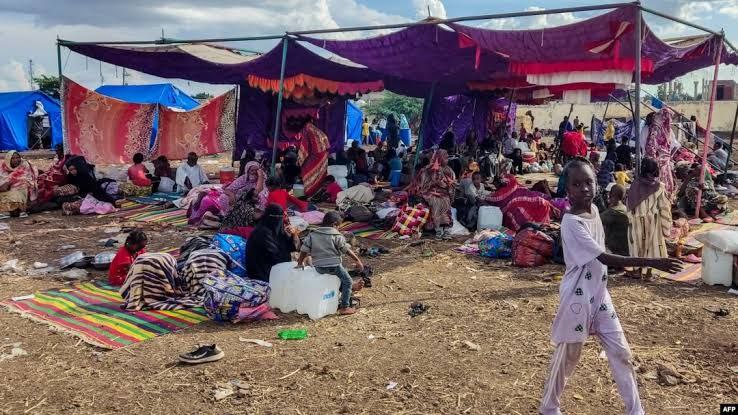
In recent days, Al-Jazira state has witnessed escalating violence as Sudan’s paramilitary Rapid Support Forces (RSF) launch a series of brutal attacks on villages. The worst assault occurred in the village of Al-Sireha, where more than 124 civilians were killed and hundreds injured. These attacks follow the defection of RSF’s local commander, Abu Aqla Keikal, to the Sudanese Armed Forces (SAF), which has prompted retaliatory actions against local communities. Eyewitnesses reported that the RSF’s indiscriminate firing has made it impossible to evacuate the wounded, while lack of aid access and ongoing gunfire have deepened the crisis.
The RSF’s assaults on Al-Jazira have also triggered widespread displacement, with over 120,000 residents forced to flee their homes. Survivors recount harrowing accounts of human rights abuses, including the use of racial slurs, mass executions, and violent raids on homes. In the village of Azraq, under total siege, local sources claim that medical services and rescue operations have come to a standstill, with no safe corridors for aid or civilian escape. The Sudanese Doctors Union has described the situation as a genocide, highlighting the paramilitary’s deliberate targeting of civilians as part of the ongoing conflict between RSF and SAF, which has already displaced millions across Sudan.
The recent escalation in Al-Jazira is part of a broader conflict that has ravaged Sudan since April 2023, killing tens of thousands and displacing millions. Human rights organizations and local resistance groups are now calling for immediate international intervention, urging the United Nations and neighboring countries to help secure safe zones for civilians. However, communication blackouts in conflict zones have made it difficult to verify the scale of casualties or provide timely humanitarian relief. Meanwhile, ongoing violence threatens to destabilize neighboring countries, with officials expressing concern over the influx of refugees and the strain on resources.




